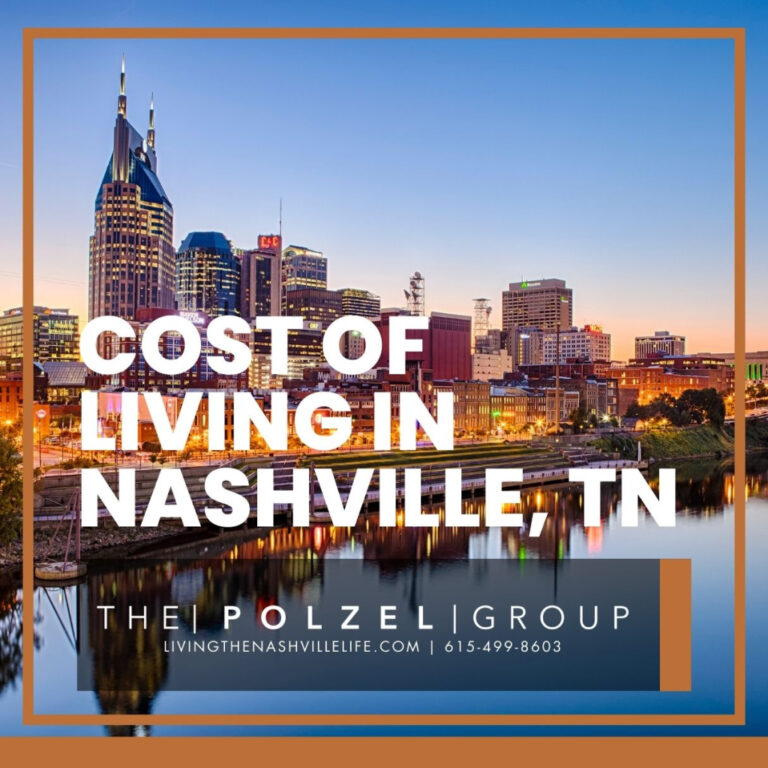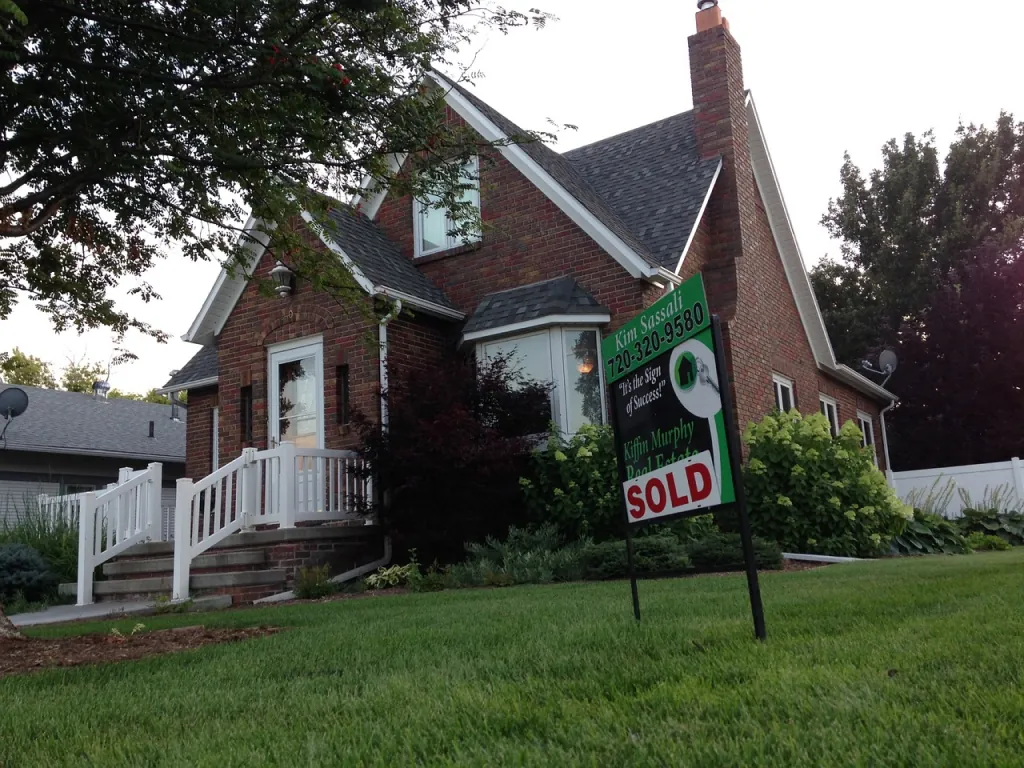Credit: Image by inboundREM | Source
Nashville has been regarded as one of the most affordable cities for years. However, due to rapid growth and extensive urban development, a recent study reveals that Nashville ranked #34 out of 75 most populous cities with the highest cost of living.
As living expenses rise, you might be curious about their implications on your finances and whether they will pose challenges to enjoying all that Music City offers.
Understanding the cost of living in Nashville, TN, is necessary to plan your budget and maintain a sustainable quality of life in the city.
Overall Cost of Living in Nashville
The cost of living in Nashville, TN, as of 2023, is 3% higher than the national average, with a cost of living index of 103.1.
According to recent statistics, a single person’s estimated annual expenses are approximately $41,814 or $3,484 monthly. Meanwhile, families with children can expect to spend $85,403 yearly or $7,117 monthly.
For more detailed information, here is a breakdown of living expenses in Nashville.
| Category | Average Annual Cost in Nashville - Single Individuals | Average Annual Cost in Nashville - Married with Children |
|---|---|---|
| Housing (Rent, mortgage, and other expenses related to housing) | $11,401 | $ 20, 211 |
| Utilities | $ 2,841 | $ 4,739 |
| Food | $ 5,804 | $ 11,763 |
| Transportation | $ 6,748 | $ 14,659 |
Housing Costs
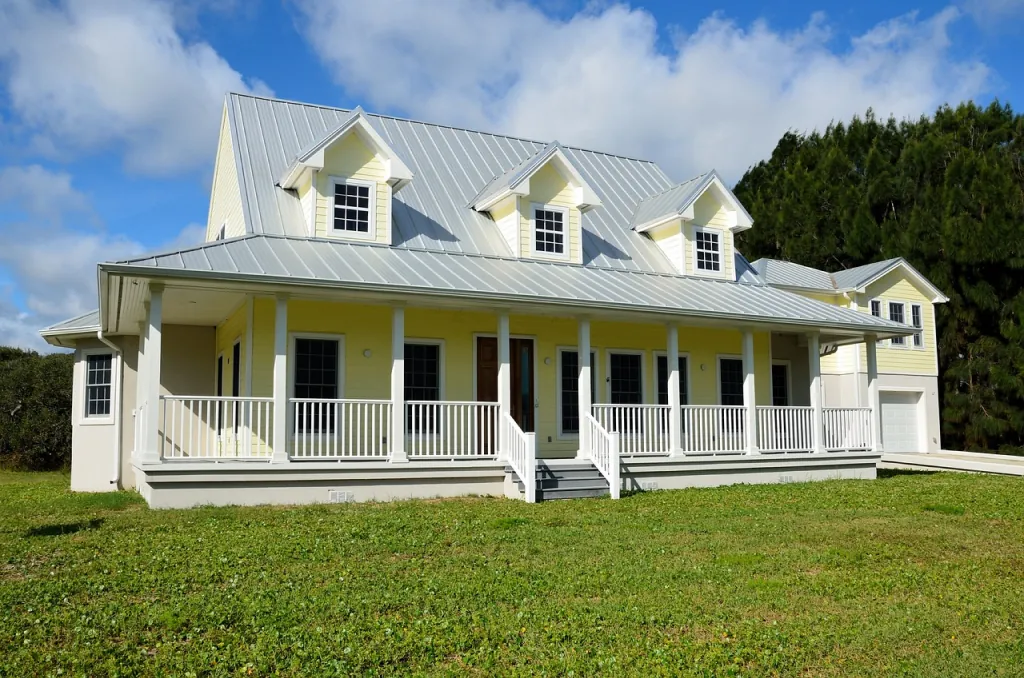
Photo by Paul Brennan on Pixabay
Housing in Nashville has a cost index of 113.3, putting it 13% higher than the national average, primarily due to the amenities offered in the city.
The average home value in Nashville, including single-family homes, condos, and townhomes, is $429,027 as of 2023. Meanwhile, the median price of residential properties in Nashville was about $459,900 in July.
The average rent in Nashville for a one-bedroom apartment is around $2,120 per month, and a three-bedroom apartment will cost about $3,941.
Affordable rent is available just outside the city center of Nashville, with a one-bedroom apartment having a rental rate of $1,588 and a three-bedroom apartment for about $2,492.
Utility Costs
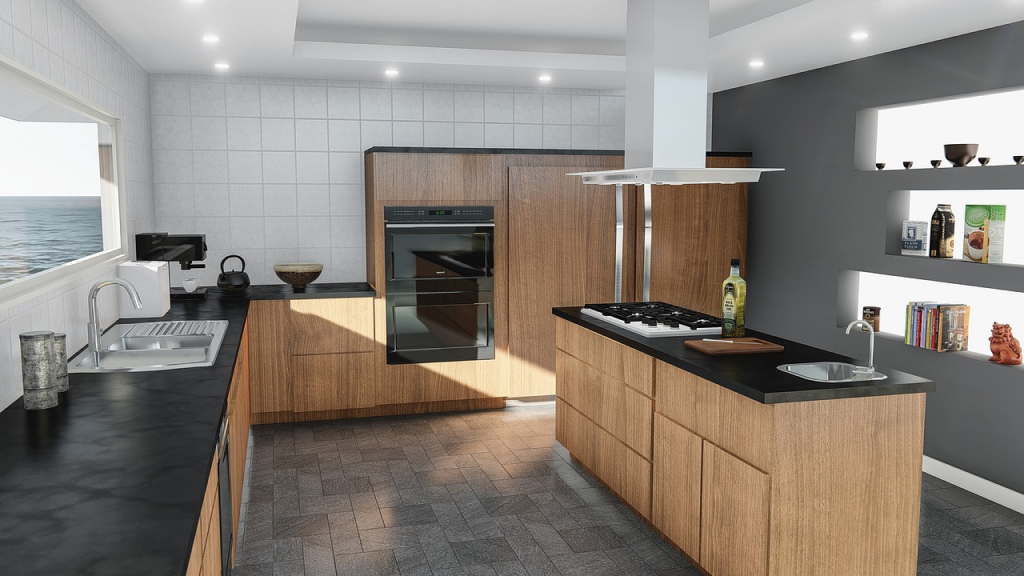
Photo by Arek Socha on Pixabay
Nashville residents spend about 6.3% of their monthly income on utilities, with a cost index of 99.3, just a little lower than the U.S. average of 100.
Here’s a convenient breakdown of expenses that usually add to your utility expenses when living in Nashville, TN:
- Utility expenses, including electricity, heating, cooling, water, and waste, typically cost around $168.95 monthly for a 915-square-foot apartment.
- An individual can expect to spend about $79 monthly on internet services, while a mobile phone plan with calls and over 10GB of data amounts to about $45 per month.
Groceries and Dining
Groceries and dining in Nashville have an index cost of 102, just 2% higher than the national average.
On average, locals should anticipate a monthly expenditure of around $216, covering groceries and occasional dining out expenses.
Many Nashville residents prefer budget-friendly grocery stores such as ALDI, H.G. Hill Urban Market, United Grocery Outlet, Piggly Wiggly, and Publix.
When dining outside, like in any urban area, the expenses in Nashville vary based on the restaurant and how each household manages its dining-out costs effectively.
Here is a breakdown of food and groceries expenses in Nashville:
| Grocery Products / Type of Dining | Average Cost |
|---|---|
| Meal at a casual restaurant | $19.50 |
| Meal in a mid-range restaurant | $80 |
| Fast food restaurants | $10 |
| Water (1.5L) | $2 |
| Soft drinks | $2 |
| Milk (1 L) | $1 |
| Loaf of Bread | $4 |
| Rice (1 KG) | $5 |
| Eggs (dozen) | $4.18 |
| Meats | $16 |
| Fruits and vegetables | $3 to $5 |
Transportation
WeGo Public Transit serves as the primary public transportation provider for the Nashville metropolitan area. A two-hour fare costs $2, while seniors aged 65 and above and youths aged 19 and younger are charged $1.
If you want an all-day pass, you must pay $4, while $65 for a 31-day pass.
On the other hand, WeGo Star Train provides a better option for a more efficient travel option, as it operates between seven stations.
Ticket fare depends on where the ticket was purchased, and advanced purchases always offer a discounted rate.
If you have a car, the average gas price is about $2.05 for regular unleaded. The average auto insurance premium in Nashville is higher than the state average at $1,885, whereas the average auto insurance premium in Tennessee is $1,315.
Education and Healthcare
Legal residents of Nashville can send their children to public schools at little to no cost.
Nashville also has private schools with average tuition costs of around $10,000 annually. For colleges, the cost in the city depends on the institution and program you study. On average, the tuition is about $5,879. But if you’re from another state, it usually costs around $20,996.
Meanwhile, the health cost index in Nashville is 99.4, lower than the national average of 100 and Tennessee’s overall health cost index of 100.4.
The average expense for a medical appointment with a doctor cost $95. On average, a visit to the dentist requires a payment of $78, and consulting an optometrist is around $85.
Getting health insurance can cover high costs, so you don’t have to pay all the hospital expenses by yourself.
In Tennessee, the average cost of getting health insurance is about $478 per month for a 40-years old individual.
Entertainment and Culture
Nashville, often called the Music City, offers plenty of enjoyable experiences.
From music, culture, and arts to sports, shopping, and vibrant nightlife, along with numerous golf courses, there are many options to explore and enjoy in Nashville.
One popular go-to place is downtown Nashville’s Country Music Hall of Fame and Museum. The attraction showcases the rich history of American Music through artifacts and interactive displays.
You can also explore shops, restaurants, and historic landmarks and enjoy nightlife. The ticket prices of general admissions in the city cost $27.95 for adults and $17.95 for children ages 6 to 12. Note that ticket prices will also depend on your tour experience.
If you have kids, you can bring them to Nashville Zoo at Grassmere. The zoo has 365 species of animals, shows, a carousel, a train ride, zip lines, a historic home and farm, and a Jungle Gym playground that kids will genuinely enjoy!
The ticket prices in the zoo vary per day. For non-members, a ticket for adults and teens costs $16 to $26, a ticket for children aged 2 to 12 costs $4, and those under 2 are free! Parking is free for members but costs $8 per vehicle for non-members.
For those who enjoy shopping, Nashville provides several shops and antique stores to explore, so you can find something you like at different price ranges. If you want to enjoy some movies, a ticket to the cinema in Nashville costs around $5 to $30.
For an active lifestyle, Nashville has several golf courses, where the price varies depending on the location, amenities, and service it offers, the time of the day you play, and whether you are a member.
But golf courses in Nashville typically cost around $15 to $100. Moreover, the average cost of a fitness club for an adult is $42.78 in the city.
The average night out will cost you around $318, including dinner in a restaurant, drinking at a popular bar, and tickets to concerts or events.
Comparative Analysis

Photo by Sally Jermain on Pixabay
Is Nashville expensive compared to other cities in Tennessee, and what is the general cost of living across the state?
Here’s a comparison between Nashville and the overall cost of living in Tennessee and Memphis, the state’s second-largest city.
Cost of Living Between Nashville and Memphis
As the state’s capital and a thriving cultural hub, Nashville tends to have a slightly higher cost of living than Memphis. Here is a detailed comparison of the cost of living between the two bustling cities in Tennessee:
| Category | Nashville, TN | Memphis, TN |
|---|---|---|
| Overall | $6,500 | $4,792 |
| Rent for a 1-Bedroom Apartment | $2,120 | $1,164 |
| Utility Costs | $168.95 | $235.45 |
| Foods and groceries (eggs, cheese, and meats) | $15 to $17 | $4 to 15 |
Cost of Living Between Nashville and Tennessee
As part of Tennessee, Nashville naturally shares the state’s overall cost of living index. However, within Tennessee, Nashville’s specific cost of living index is slightly higher at 103.1, while Tennessee only has 89.9.
It indicates that certain expenses in Nashville are more expensive than the average living cost in other parts of the state.
In Nashville, for instance, a family with children would require approximately $7,117 monthly to cover their daily expenses. It is notably higher than Tennessee’s statewide average of $3,539.
It can be attributed to various factors such as higher housing costs, increased demand for goods and services, and a generally more expensive urban environment.
While Nashville is located in Tennessee, its economic and cultural dynamics contribute to the different living expenses between the city and the state.
Therefore, residents of Nashville should be aware of these differences when planning their budgets and financial decisions.
Here’s a comparative breakdown of expected expenses between Nashville and Tennessee:
| Category | Average Annual Cost in Nashville for Families with Children | Average Annual Cost in Tennessee for Families with Children |
|---|---|---|
| Housing (Rent, mortgage, and other expenses related to housing) | $20,211 | $17,724 |
| Utilities | $4,739 | $4,668 |
| Food | $11,763 | $9,585 |
| Transportation | $14,659 | $15,530 |
| Health Care | $5,738 | $7,373 |
| Miscellaneous | $28,295 | $24,051 |
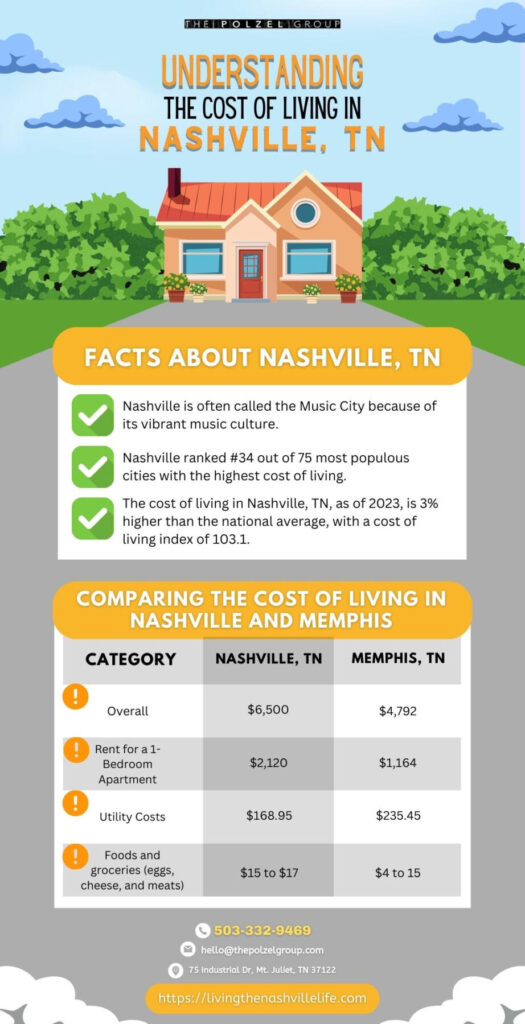
Final Thoughts
Overall, the cost of living in Nashville, TN, is average, not too expensive, but also not that affordable. It is likely because the city has been experiencing rapid growth and development, attracting many people looking to buy homes.
Unlike Tennessee’s overall cost of living, Nashville tends to have higher expenses.
Generally speaking, understanding the cost of living in a city, especially the one you live in, will help you manage your expenses, make choices that align with your financial goals, and enjoy all Nashville offers.
For more information or questions about living costs in Nashville, TN, you may contact us by calling us at 615-499-8603 or 503-332-9469. You can also send us an email via hello@thepolzelgroup.com to learn more.
Join our growing online community today and be the first to receive the latest news and trends about Nashville, TN. Follow us on our social media channels below:

Photo by cottonbro studio
Frequently Asked Questions
Is Nashville cheap or expensive?
Nashville has a slightly higher cost of living index than the national average. However, it is generally still considered moderately affordable compared to other big cities in the US.
What salary do you need to live in Nashville?
It is advisable to have a monthly salary of $4,276.66, which adds to an annual income of $51,320 to maintain a comfortable lifestyle in Nashville. This income level enables a person to comfortably afford the average cost for a 1-bedroom apartment in Nashville, which is $2,120.
How much do you need to live comfortably in Nashville, Tennessee?
For a single person, an estimated $3,484 monthly is needed to live comfortably in Nashville, Tennessee, while families with children need $7,117 monthly.
What steps can I take to manage my utility expenses effectively?
To manage utility expenses effectively, you can take several practical steps. You can track your monthly utility bills to understand your consumption patterns and identify areas where you can reduce usage.
Consider adopting energy-efficient methods, such as unplugging electronics when not in use. Regularly maintain appliances and systems like HVAC units, water heaters, and plumbing to ensure they’re running efficiently.
Lastly, compare utility providers to find the best rates and explore options for renewable energy sources.
How does Nashville's cost of living compare to other major U.S. cities?
Compared to other major U.S. cities, Nashville’s cost of living is generally lower, but it can vary depending on specific factors.
Compared to major cities like New York, San Francisco, or Los Angeles, Nashville often offers a more affordable lifestyle, especially regarding housing costs.
However, it is essential to note that Nashville’s cost of living has risen due to its increasing popularity and growth.
While housing might be more affordable, other factors, such as transportation, healthcare, and utilities, are slightly higher than the national average.
How important is it to budget for entertainment and cultural experiences in Nashville?
Nashville is renowned for its arts scene, live music, and diverse cultural offerings. By budgeting for entertainment and cultural experiences, you can attend concerts, visit museums, and explore local galleries.
You can also dine at different restaurants and participate in various cultural events that contribute to your overall quality of life and enrich your living experiences in Nashville.
Is Nashville a suitable city for remote work opportunities?
Nashville, TN, ranks among the top 10 remote work destinations. As the fastest-growing city, Nashville attracts prominent companies, especially in healthcare and technology. Moreover, the city provides numerous top-notch coworking spaces with amenities like free Wi-Fi.
Are there affordable housing options in Nashville?
Yes. Nashville offers affordable housing options through various programs and initiatives. The Barnes Fund for Affordable Housing grants nonprofit housing developers to make affordable units and help individuals and families who make up to 80% of the average income in the area.
You can also browse the website of the Metropolitan Government of Nashville and Davidson County to find valuable information about housing programs, assistance, and resources available in Nashville.
